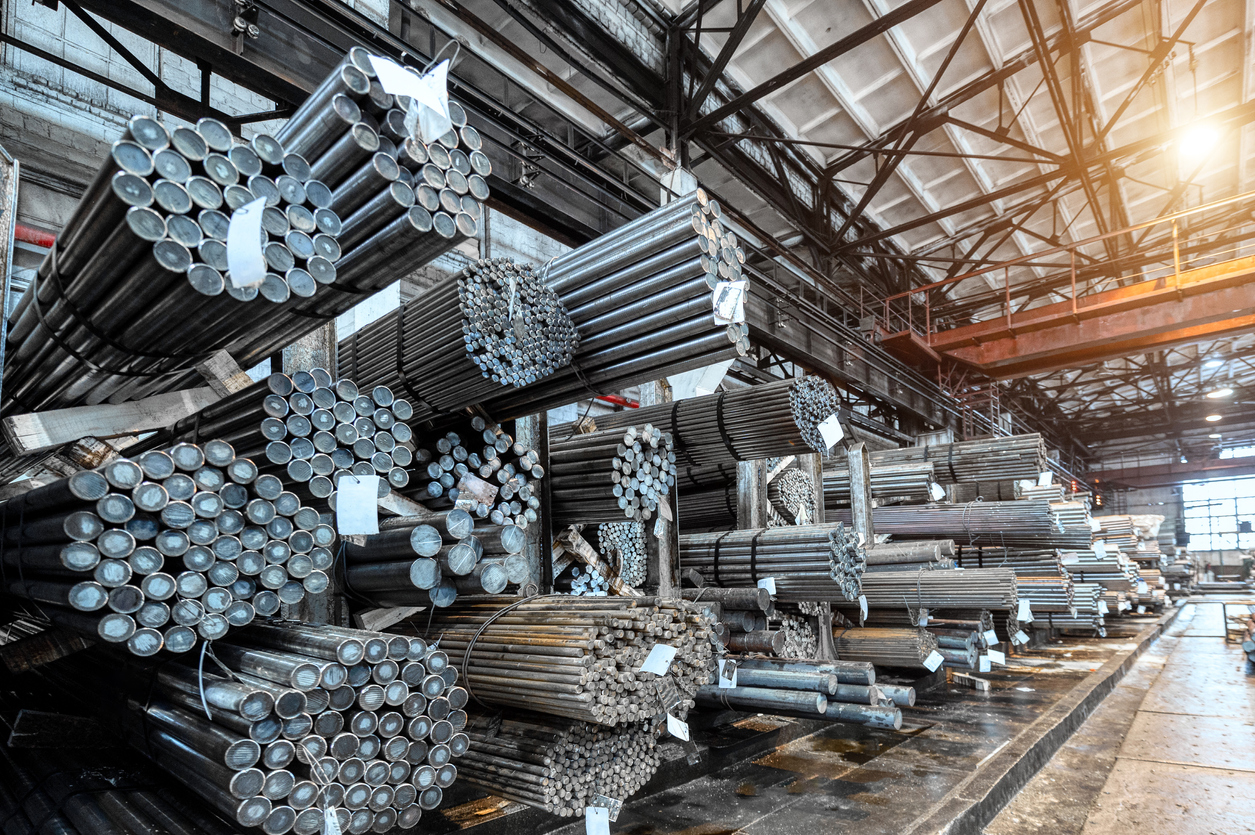How To Buy and Export Iron Structures From South Africa
How To Buy and Export Iron Structures From South Africa
Looking like something out of a science fiction movie, iron structures are a type of building that is made almost entirely out of metal. These types of buildings are primarily used for industrial purposes (such as warehouses) and can be found primarily in areas where such an aesthetic has value, such as shipping ports or coastal cities. Importing prefabricated iron structures from South Africa requires some serious preparation on the part of the buyer. The South African market is quite small compared to other global markets, and the availability of assets and suppliers tends to fluctuate frequently depending on world events. Therefore, it’s important to take your time when researching how to buy and export iron structures from South Africa. Read on for more information about this process!
Researching Suppliers
When buying iron structures from South Africa, the first thing you should do is research potential suppliers. There are a number of ways to do this; a basic internet search will give you some leads, but you may also want to engage in some more targeted research. One option is to contact trade associations to see if they have any contacts in the industry. Another option is to contact logistics companies and see if they have any contacts in the industry. The more suppliers you contact, the greater your chances of finding reliable sources of assets that meet your specifications. As you’re researching suppliers, keep a few things in mind. First, find out if the supplier can meet your desired timeline. If you need to purchase iron structures quickly, you’ll want to find a supplier with a high level of productivity. Second, you’ll want to check the quality of the supplier’s assets. You can do this by requesting a sample, or even visiting their facility in person.
How to Export Iron Structures From South Africa
When you’ve found a supplier, you’ll need to export iron structures from South Africa. This is a complex process that requires more than just shipping assets across the world. You’ll also need to comply with regulatory requirements and navigate the logistics of shipping. The regulatory requirements you’ll need to comply with depend on the type of assets you’re importing. If you’re importing raw materials, you may not need to comply with any regulations. If you’re importing partially manufactured goods, you’ll need to comply with customs regulations. If you’re importing finished goods, you’ll likely need to comply with health and safety regulations. For example, if you’re importing iron structures, you may need to comply with the International Building Code and the National Building Code. This will vary based on the type and location of your assets.
Things to Know Before Importing
When you’re importing iron structures from South Africa, there are a few things you’ll want to keep in mind. First, you’ll want to make sure you have a valid import/export license. This will depend on the type and value of your assets. Next, you’ll need to familiarize yourself with the import duties and taxes you may need to pay. These vary based on the type of assets and their value. They are often calculated as a percentage of the asset’s value. Finally, you’ll need to know how your assets will be shipped. You’ll need a reliable logistics company to handle this for you.
Exporting Requirements
If you’re importing iron structures from South Africa, you’ll likely be required to comply with various regulations. This means that you’ll need to obtain an import/export license, pay import duties/taxes, and take care of all customs documentation. Import/Export License: You’ll need to obtain an import/export license before engaging in any export activities. This will give you legal permission to purchase goods in one country and sell them in another. Customs Documentation: You’ll need to complete all relevant customs declarations and documentation before exporting your goods. This will include information such as the type of goods, their value, and their country of origin. Import Taxes/Duties: You’ll also need to pay import taxes/duties on iron structures imported from South Africa. This is done as a percentage on the iron structures’ value, so it’s important to know how this works.
Conclusion
When buying iron structures from South Africa, you’ll need to do some careful research. You’ll want to find a reliable supplier with a proven track record of success, and you’ll need to be familiar with regulatory requirements and customs documentation. When you do, you’ll be well on your way to owning a unique piece of industrial architecture.








LEAVE A COMMENT
You must be logged in to post a comment.